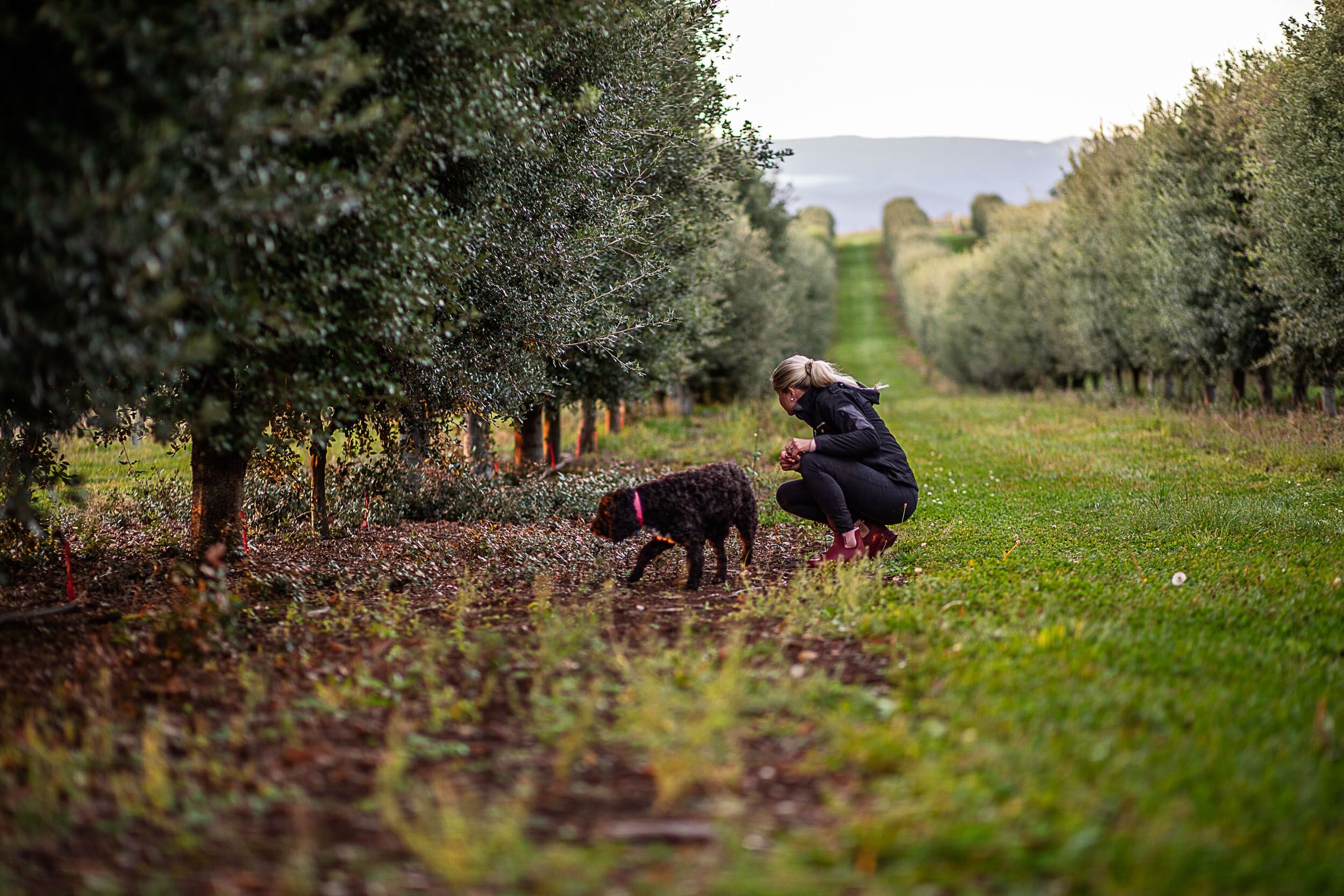
Environment and Sustainability Statement
In a world of wastefulness, we believe we can make a difference.
By starting at a local level, we can all make a difference to our planet.
We no longer have choice in whether we take action; we have a collective responsibility to do so.
Acknowledgement of Country
We acknowledge the Tasmanian Palawa people, traditional custodians of the land on which we live, work and gather today. We pay our respects to Elders past, present and future, and extend that respect to Aboriginal and Torres Strait Islander peoples here today.
Our Commitment
Publicly making a statement of commitment helps get everyone on board and provides a clear message to our stakeholders about what we stand for. It also helps set expectations for other businesses we work with.
We commit to upholding our approach to sustainability through the actions outlined in our Environmental and Sustainability Plan.
Environmental & Sustainability Plan
We are committed to the continual improvement of our environmental and sustainability performance, including complying with all relevant environmental legislation and to the prevention of pollution.
We strive to improve our sustainability practices, ‘thinking outside the box’ in providing solutions to address sustainability challenges.
By continuing to identify, assess and manage our environmental impacts, we aim for industry leadership in the agriculture sector, delivering value to the community, helping ensure longevity of the farm and ultimately, reduce running costs.
We define environmental impacts as both the direct impacts it has on the environment through emissions, natural resource use and waste generation, and the indirect impacts that occur through our supply chain and partnerships.
Our commitment to reducing our emissions
We are proud to participate in the Tourism Emissions Reduction Program. This initiative underscores our commitment to reducing our environmental impact and promoting sustainable practices. Through this program, we plan to make a positive impact towards our environment and improve our sustainability along the way. This program helps us to estimate our carbon emissions, adjust our operations to reduce our emissions, sponsor projects that cut our emissions we have no control over and monitor and maintain our progress and impact along the way.
Our emissions estimate included all emissions categories including fuel, energy, business travel, general waste, employee commute and suppliers, providing a more detailed understanding of our emissions. Explore our comprehensive Tourism Emissions Reduction Plan to see how we're taking actionable steps towards a greener future.
View our Emission Reduce Plan by clicking here.
The New Leaf Carbon Project
In a concerted effort to address the carbon emissions we cannot control, The Truffle Farm has chosen to invest in The New Leaf Project; this project was selected as it resonated with our desire and responsibility to help protect Tasmania's biodiversity for future generations.
The New Leaf Carbon project aligns with our own environmental objectives to offset emissions that can’t be reduced, i.e., to offset carbon emissions where we cannot make changes due to rules and regulations. ie food safety regulations.
Financial Support: In 2025, our support of this project will off-set our carbon footprint by 100%. Our certificate for sponsoring this project that off-sets unavoidable carbon emissions can be viewed here.
Overview: "The New Leaf Carbon Project" is a pioneering initiative by not-for-profit Tasmanian Land Conservancy, dedicated to conserving landscapes sustainably. Covering 12,000 hectares in Tasmania, this project focuses on ecological restoration and biodiversity enhancement.
Environmental Impact: "The New Leaf Carbon Project" aligns with the Tasmanian Land Conservancy's broader goals of environmental conservation and promoting sustainable land management practices. It stands as a testament to the power of community-driven initiatives in creating a positive environmental legacy.
Key Objectives:
Habitat Restoration: By nurturing native vegetation, including old-growth forests, the project contributes to the revival of natural habitats for diverse flora and fauna.
Climate Mitigation: The reforestation efforts actively capture and store carbon, addressing climate change at its roots.
Biodiversity Conservation: The project plays a crucial role in preserving Tasmania's unique biodiversity and fostering resilient ecosystems.
Community Engagement: Engaging local communities, the project encourages participation in conservation activities, fostering a sense of shared responsibility for Tasmania's natural heritage.
Key environmental objectives include:
to use energy more efficiently
to use water more efficiently
to reduce the amount of waste produced and increase the quantity of waste re-used and recycled ie composting and recycling materials that can be processed here in Tasmania
to reduce the environmental impacts of travel ie our vehicles and fuel use; our food purchases are made locally wherever possible to reduce food miles
to reduce the environmental impacts of purchasing ie we support local business wherever possible to help reduce freight impacts on the environment; this in turn supports our local region
to offset emissions that can’t be reduced ie offset carbon emissions where we cannot make changes due to rules and regulations (ie food safety requirements)
to increase environmental awareness and help drive changes to behaviour
to demonstrate innovation and leadership
Planning
Planning ahead makes it easier to be more sustainable during our day to day running on farm and during our tours and events. Planning helps us to measure our progress and establish if we are meeting or exceeding our goals and key objectives.
Targets
We continue to gather and collate evidence and records in order to build on our baseline data, to identify, and even improve, ways we can attain our key environmental objectives.
Natural Resources
We are actively engaged in conserving natural energy and water resources as responsibly as we can. We do this by adhering to efficient practices and procedures that help to mitigate or reduce our footprint on the planet.
We actively preserve and rejuvenate the local ecosystem and habitats on the farm, planting native species that will encourage wildlife and help build plant diversity.
Every step towards decarbonising our business counts!
